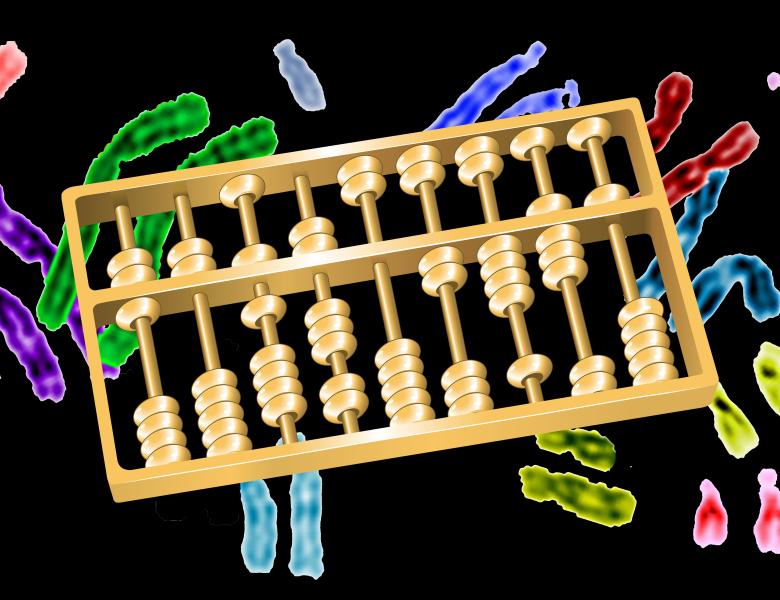Cancer development is a multi-step process that leads to uncontrolled
tumor cell growth. Multiple signaling cascades are involved, some are
activated while other pathways are suppressed. To fathom these processes,
biomedical researchers use models of biological systems to integrate
diverse types of information. This ranges from multiple high-throughput
datasets and functional annotations to expert knowledge about biochemical
reactions and biological pathways. Such integrative systems are used to
develop new hypotheses and answer complex questions in precision medicine
such as what factors cause disease; which patients are at high risk; will
patients respond to a given treatment; how to rationally select a
combination therapy to individual patient, etc.
Precision medicine needs to be data-driven, and corresponding analyses
comprehensive and systematic. We will not find new treatments if only
testing known targets and studying characterized pathways. Thousands of
potentially important proteins remain poorly characterized. Computational
biology methods can help fill this gap with accurate predictions, making disease modeling more comprehensive. Intertwining computational prediction and modeling with biological experiments will lead to more useful findings faster and more economically.
These computational predictions already significantly improved human interactome coverage relevant to both basic and cancer biology, and importantly, helped us to identify, validate and characterize prognostic signatures, and identify potential novel treatments. Combined, these results may lead to unraveling mechanism_of_action for therapeutics, re-positioning existing drugs for novel use and, prioritizing multiple
candidates based on predicted toxicity, identifying groups of patients that may benefit from treatment and those where a given drug would be ineffective.
